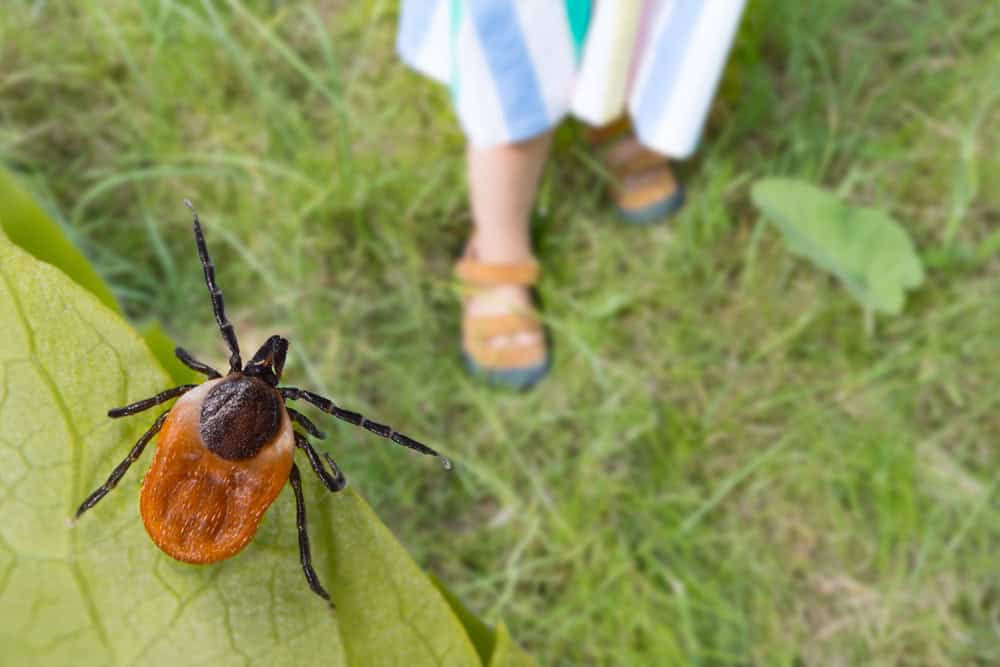Professional tick control that lets your family enjoy the outdoors without worry about Lyme disease.

Hear from Our Customers

You shouldn’t have to check every inch of your kids for ticks after they play in your own backyard. When we handle your tick problem, you get your yard back.
No more anxiety every time someone walks through the grass. No more cutting outdoor activities short because you’re worried about tick exposure. No more finding ticks crawling on your pets after a simple walk around the property.
Instead, you get peace of mind. Your family can enjoy barbecues, gardening, and playing outside without the constant threat of tick-borne diseases. Your pets can roam freely without becoming tick magnets. You can actually use the outdoor spaces you’re paying for.
86 Pest and Wildlife Removal has been protecting Deer Park families from tick infestations for years. We understand how New Jersey’s climate and wildlife create perfect conditions for tick populations to explode.
Our team knows which areas of your property ticks prefer, when they’re most active, and how to eliminate them effectively. We’re not just pest control—we also handle the wildlife removal that often brings ticks onto your property in the first place.
You’re dealing with licensed professionals who understand both the immediate tick problem and the underlying causes that keep bringing them back.

First, we inspect your entire property to identify tick hotspots and breeding areas. We’re looking for the spots where ticks congregate—usually areas with tall grass, leaf litter, and places where wildlife travels.
Next, we apply targeted treatments to these high-risk areas using methods that eliminate ticks without harming your family, pets, or beneficial insects. We focus on the perimeter of your property, transition zones between lawn and wooded areas, and anywhere we’ve identified tick activity.
Finally, we establish a prevention plan that keeps ticks from reestablishing. This might include recommendations for landscaping changes, wildlife management, or seasonal follow-up treatments. You’ll know exactly what to expect and when.

Ready to get started?
Your tick control service includes a thorough property inspection, targeted treatment of all tick habitats, and a clear prevention plan. We don’t just spray and leave—we identify why ticks are choosing your property and address those conditions.
In Deer Park, we often find that ticks are being brought in by deer, rodents, and other wildlife. That’s where our wildlife removal expertise becomes valuable. We can address both the tick problem and the animals that keep reintroducing them to your property.
You’ll also receive guidance on simple landscaping changes that make your property less attractive to ticks long-term. Things like managing leaf litter, creating barriers between wooded areas and play spaces, and maintaining your lawn properly can significantly reduce future tick problems.
